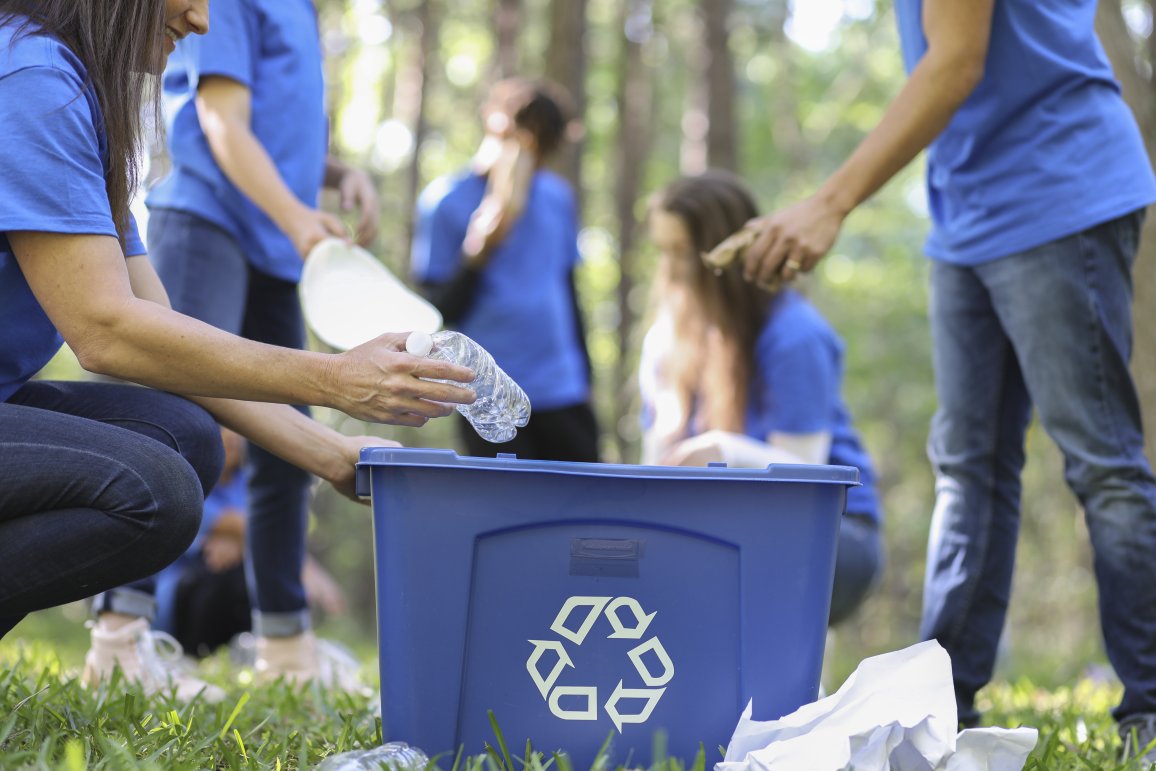EU Plastic levy proves not so fantastic: proposals for a fair and sustainable approach
EU member states have been paying high monthly levies to the European Union since early 2021. The contribution is calculated based on quantities of unrecycled plastic packaging. Poorly considered implementation of the levy on a national level and an exclusive focus on plastics now risk turning into a fiasco for the circular economy. At ALPLA, we’re backing a licence fee solution that treats all packaging materials equally and creates incentives for investments in recycling.

What initially sounds reasonable turns out, on closer inspection, to be a big mistake: introduced on 1 January 2021, the EU plastic levy has by no means resulted in reduced waste or more recyclable packaging. Billions of extra spending needed to fill the Brexit-shaped hole in budgets have led to different levies being applied in many EU member states. In future, industry will need to come up with the costs of national (single-use) plastic packaging taxes – with no demonstrable environmental benefit and negative consequences for the circular economy.
Pressure on manufacturers isn’t just blocking investment in recycling and the necessary infrastructure. The one-sided focus on plastics is also having the opposite effect to the levy’s stated aim. “The current regulations have already led some businesses to replace recyclable plastic packaging with environmentally damaging composite materials made from paper and plastic or heavier packaging materials. These are only partly recyclable or leave a much larger carbon footprint due to their production and supply,” explains Sebastian Lemp, Circular Economy Specialist at ALPLA.
This approach may reduce the amount of plastic used and cut prices, but it reduces the overall recycling content of all packaging, thus damaging the circular economy. “The short-sighted tunnel vision focusing on a single material results in a poorer CO2 balance overall. This isn’t bringing us any closer to our climate goals. Being well meaning and being well done are two completely different things,” Lemp explains. A packaging levy linked to defined environmental criteria promises relief.

"The short-sighted tunnel vision focusing on a single material results in a poorer CO2 balance overall. This isn’t bringing us any closer to our climate goals. Being well meaning and being well done are two completely different things."
Sebastian Lemp, Circular Economy Specialist at ALPLA.
Investment incentives – not indiscriminate taxation
By 2030, all plastic packaging in the EU should be fully recyclable and made with up to 30% recycled materials. ALPLA hopes to achieve these goals, together with its customers, as early as 2025. But this calls for the right conditions. “Indiscriminate taxation prevents innovation. All it does is push issues out of view. Instead, we need investment incentives for developing packaging for the circular economy and expanding recycling infrastructure,” says Lemp.
One option would be costs known as licence charges, such as Extended Producer Responsibility (EPR) fees. These already allow packaging manufacturers in most EU states to make a key financial contribution to promoting recycling. The suitable solution for national implementation of the EU plastics levy involves modelling such EPR fees for all packaging materials. Environmental criteria such as recyclability, the recycled component and the carbon footprint of the packaging in question would be examined and rated accordingly.
The better the packaging scores, the lower the costs for the manufacturer – irrespective of the material used. This form of eco-modelling creates financial incentives for developing more environmentally-friendly recyclable packaging containing high amounts of recycled material. “Equal treatment is the basis for fair competition and forward-thinking solutions,” Lemp believes. This approach offers another advantage, too: in contrast to the current purposeless levy, income from the EPR fees could go straight to improving collection and sorting systems.
Do you like our texts? Perhaps even so much that you want to use them in your own media? Then please get in touch with us beforehand!
